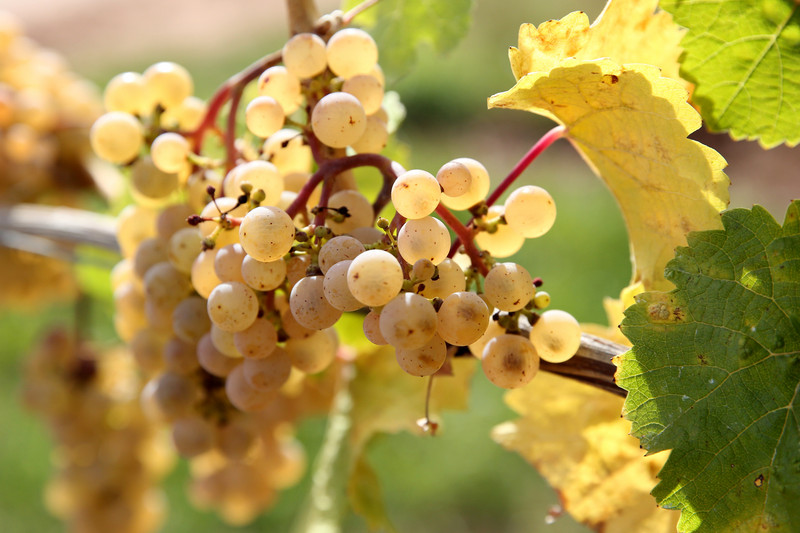Biodynamic Wine – Quality Starts in the Vineyard

What turns a good wine into a gourmet product? As winegrowers around the world know, tiny changes can be the key to producing a wine of the finest quality. That includes winegrowers who use biodynamic preparations to increase soil fertility and promote plant growth, thereby turning wine into a truly superior cultural good. With increasing enthusiasm for biodynamic farming methods, the need for research and training in this field is increasing, as well.
Biodynamic wine growing consists in much more than abstaining from chemical pesticides. At the heart of biodynamic farming are compost- and soil preparations whose subtle effects can be measured with imaging methods that capture plant growth, fruit production, and taste.
In establishing an academic position in “Biodynamic Winegrowing” at the Hochschule Geisenheim University (HGU), SAGST is responding not only to increasing interest in the methodological foundations of biodynamic winegrowing, but also to the necessity to train and support young winemakers in this field. Foundational research and practical applications go hand in hand, for example in cooperation with the Landbauschule Dottenfelderhof. The position is intended to create opportunities for students to explore biodynamic methods; increase knowledge transfer between researchers, consultants, and growers; and expand the international network of biodynamic winemakers.
“Winegrowing research is, at the moment, one of the most important bridges to better understanding the effectiveness of biodynamic agricultural preparations,” emphasized Sebastian Bauer, responsible project manager at SAGST, in reference to the importance of the position and its research.
